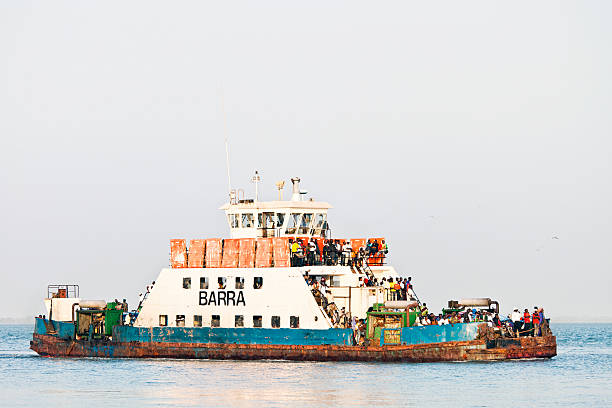According to a report released by Mercy Corps on September 24, 2023, disruptions in the Black Sea Grain Route can worsen food insecurity across the Middle East, West Asia, and North Africa.
The report states that many countries in these regions are suffering from severe food crises as a result of their inability to purchase food and the adverse effects of the conflict and trade dynamics on the Black Sea.
The crisis has been exacerbated by the constant reduction in humanitarian funding, according to the report.
The report focuses on Lebanon, Syria, and Yemen as well as Jordan, Iraq, the occupied Palestinian Territories, West Bank and Gaza, as well as North African countries Tunisia and Egypt.
The authors of the report note that these countries have been facing food insecurity due to their growing population and demand for food products for many decades.
They wrote that these factors have made several countries in the Middle East and North Africa dependent on grain imports, particularly those imported through the Black Sea.
This dependence was brought to the fore in 2022, when grain shipments to Ukraine faced being stopped completely prior to the Black Sea Grain Initiative being signed.
Since its beginning, Russia has blocked ports and restricted grain movements from Ukraine to other countries.
BSGI is a deal that was mediated between the two countries by the United Nations and Turkey. Since it was signed in July 2022, 32.9 million tonnes of food have been exported out of the war-torn Ukraine.
In July 2023, Russia refused to renew the initiative after it expired.
Global food security
India banned the export of rice in July to protect its local supply. Report: The combination of shocks could lead to an unprecedented rise in food inflation across the Middle East and North Africa.
Researchers in the paper wrote that “heavy dependence on imported food, state fragility and political and economic barriers, limited domestic production potential and the lack of effective government-led measures to mitigate the effects of the escalation in the Black Sea will likely exacerbate the effect of the escalation on Syria, Lebanon, and Yemen.”
The occupied Palestinian Territories (OPT), Tunisia, and Egypt are historically dependent on grain imports from Russia and Ukraine. The fragile macroeconomic environment has also pushed commodity prices up in these areas, making them susceptible to Black Sea grain disruptions.
They added that “these countries were also heavily impacted by economic effects of COVID-19 as well as the rise in commodity prices caused by the beginning of the war in Ukraine, in February 2022.”
Researchers called on aid workers to prepare for global food price spikes and grain shortages by conducting robust contingency plans.


